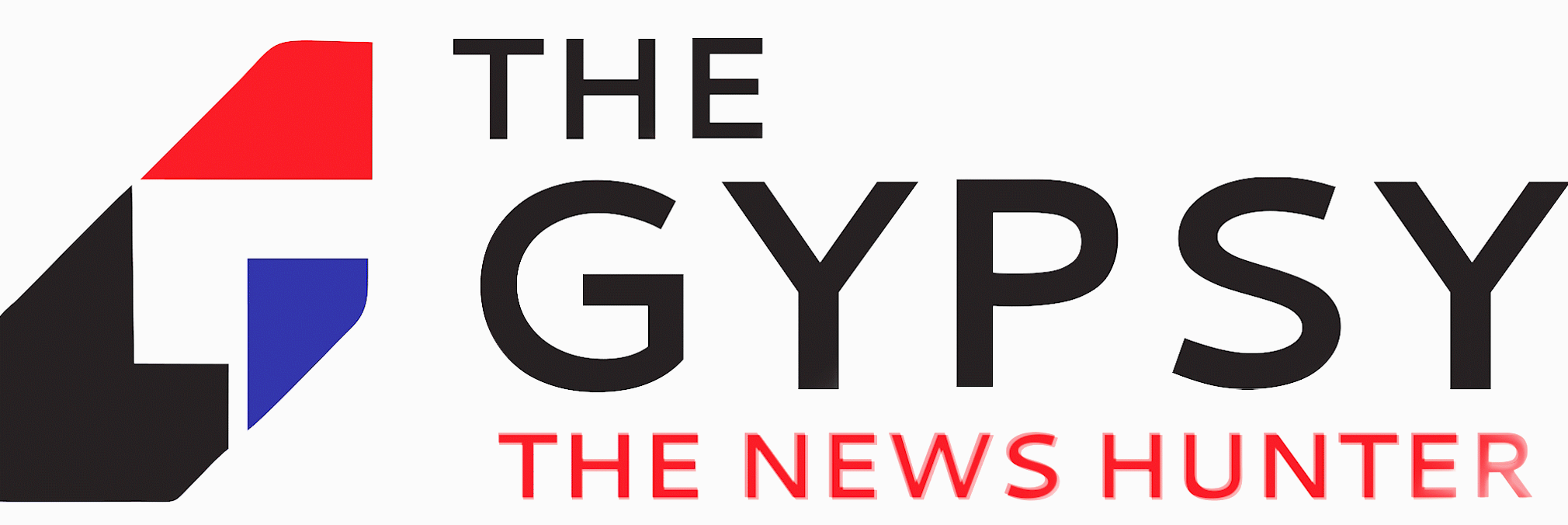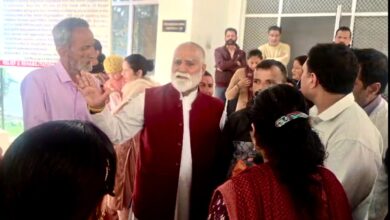Breathe in.. For better mental health!
“Take a deep breath in” how many times have you heard this phrase?
Breathing is an act we do 24/7, 365 days a year without fail. I have not met anyone who is alive and well and breathes only a couple of hours a day. We can stay without food for several days and several hours without water, but being without air, is unimaginable, for us.
This crucial act of breathing is also one of the things we pay the least attention to unless you have a cold or allergies. Are you aware that you are breathing right now? Now you are …. How was your breath a second ago? By the time you reach the end of this article (or for most people, before that) your mind would have drifted again and you would have forgotten about your breath.
A senior pulmonologist once shared that we take in around 10,000 lots of air each day and 90% of the energy we need comes from the oxygen in the air we breathe , unlike the popular belief that food is the main source of energy in the body.
Besides providing us energy and keeping us alive, the breath has a vital role to play in the mind-body complex. Breath and mind have a connection. With each emotion we have , we breathe differently. Shallow fast breathing is often an indication of anger or anxiety and a sigh usually indicates sadness. When we experience an emotion, our brain automatically signals to change our breathing pattern. Just observe someone who is watching a movie and you will see their breathing change with emotions on the screen.
The ancient knowledge systems of Yoga, Tai chi, QiGong etc explore and build on the knowledge of this powerful connection between the breath and mind. The techniques of Pranayama modulate the breath. With several techniques that involve holding breath, slow inhalation and longer exhalation, the mind becomes calm and the body is relaxed and energized. The ancient seers knew this and now modern science is re-discovering this connection.
With the advance in technology, there has been a lot of interest in studying how the breath impacts the brain and nervous system. Scientific studies have show that deep abdominal breathing activates the Vagus Nerve and the parasympathetic nervous system. Vagus Nerve is one of the most important cranial nerve in the body and regulates several functions from our digestion, fertility, bladder movement to our social connection and happiness. Many doctors are now exploring electrical activation of Vagus Nerve to treat depression. A healthy vagus nerve makes you happy, feel a connection to others, brings clarity of thought and can improve relationships. A few minutes of deep abdominal breathing with longer exhalations can help activate your vagus nerve, which in turn can lead to a healthier happier life.
Breathing techniques like Sudarshan Kriya, taught by the Art of Living have been linked to reduction in anxiety, stress and depression and increase in satisfaction with life and happiness. 20 -30 mins per day of deep abdominal breathing can reduce blood pressure and other symptoms of stress and increase resilience.
Recent studies also link breathing to memory storage. A research from Sweden shows that, if we breathe through our nose rather than through our mouth, while learning smells, we remember them better.
This seemingly simple and natural act of breathing has tremendous regulation potential for our emotions and mental health and all you need to do to tap into it is…well… “Take a deep breath in.”
The author is Executive Director, Sri Sri Institute for Advanced Research and has previously worked with Boston Scientific. She has trained thousands across the globe in breathing, yoga and meditation techniques. –Divya Kanchibhotla







